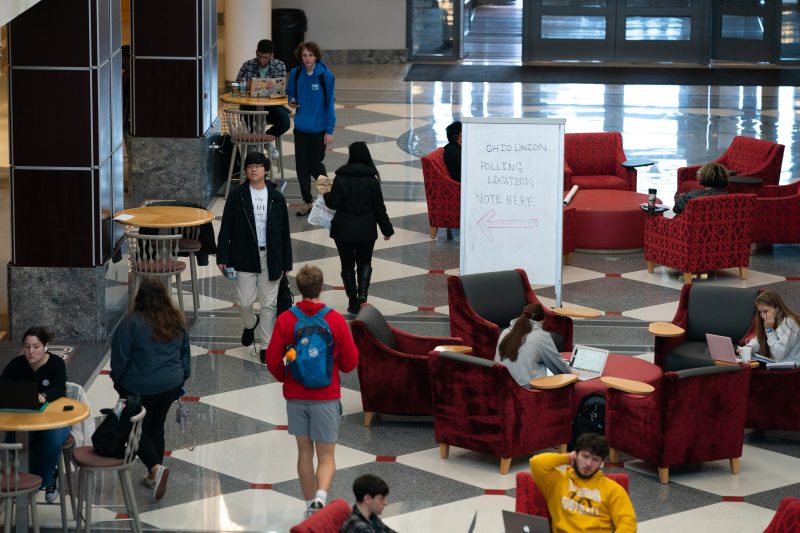Section 1: The Impact of Republican Laws on College Students’ Voting Rights
In recent years, there has been a growing concern over the restrictive voting laws enacted by Republican lawmakers across the United States. These laws, often touted as necessary for preserving the integrity of elections, have been criticized by many for disproportionately affecting certain groups of voters, including college students. As college campuses are known to be hotbeds of political activism and engagement, it is crucial to examine the potential barriers these laws create for young voters.
Section 2: Voter ID Requirements and College Students
One prominent aspect of Republican-led voting laws is the implementation of stricter voter identification (ID) requirements. While proponents argue that these measures are essential to prevent voter fraud, opponents contend that they disproportionately impact marginalized communities, including college students.
Many college students relocate for their education and may not have a driver’s license or state-issued ID from their new state of residence. Republican-driven laws often make it more difficult for students to use alternative forms of identification, such as student IDs, to cast their vote. This lack of flexibility limits the accessibility of voting for college students and undermines their political participation.
Section 3: Restrictive Registration Laws and College Students
Another aspect of Republican-led voting laws that disproportionately affects college students is restrictive registration laws. Often, these laws impose stricter requirements and deadlines for voter registration, inhibiting students’ ability to register in time for elections.
As college students frequently live in transient situations, such as dormitories or off-campus housing, they face unique challenges when complying with these registration restrictions. The need for updated addresses, proof of residency, and specific registration deadlines can create confusion and discouragement among students, potentially leading to their exclusion from the electoral process.
Section 4: Reduced Early Voting Opportunities for College Students
Republican-led legislation has also taken aim at reducing early voting opportunities, which has detrimental implications for college students. Early voting is crucial for students who may have conflicting schedules due to classes, extracurricular activities, or other commitments.
By curtailing early voting periods, these laws disproportionately affect college students who may not have the flexibility to vote on Election Day. Consequently, students with limited free time may face barriers that hinder their ability to exercise their right to vote.
Section 5: Conclusion
Republican-led voting laws have been under scrutiny for their potentially discriminatory impact on marginalized communities, including college students. The implementation of stricter voter ID requirements, rigid registration laws, and reduced early voting opportunities all contribute to creating barriers for young voters.
Making it harder for college students to vote not only undermines their political participation but also raises concerns about the suppression of young voices in the democratic process. It is imperative for ongoing discussions about voting laws to consider and address the rights and needs of college students to ensure a fair and inclusive electoral system for all citizens.



























